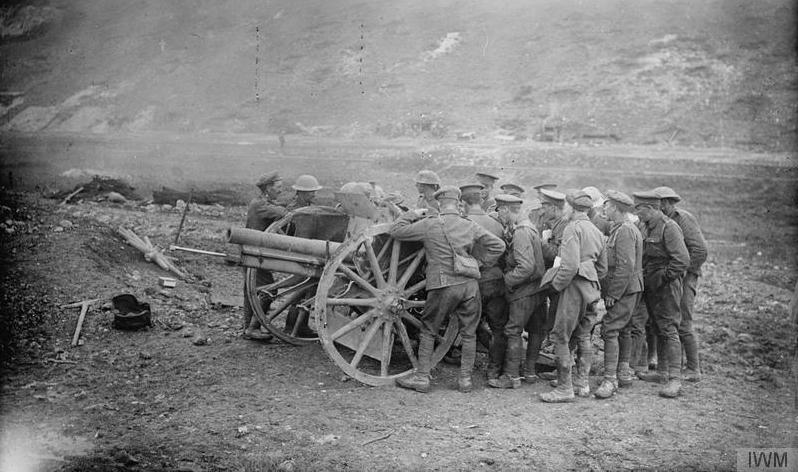Archbishops from the Catholic Church and the Church of Ireland in Armagh were on a three-day pilgrimage. They were traveling from Ireland to the site of the Battle of the Somme.
Archbishops Eamon Martin and Richard Clarke started from Glasnevin Cemetery in Dublin with bishops and laypersons who are traveling with them to honor the centenary of the battle.
The archbishops believe that the battle shows that violence is futile.
There were around 500,000 casualties in the Battle of the Somme. In four and a half months, the front line moved about four miles. On the front lines were both Ulstermen who were against Home Rule and Irish Volunteers who supported it, fighting side-by-side in the aftermath of the Easter Rising.
Glasnevin Cemetery was chosen because many of those who fought in the Easter Rising are buried there. During their visit to the cemetery, they were given a tour which included visiting the graves of soldiers who died in World War I.
Both archbishops have personal reasons for making the pilgrimage. Archbishop Dr. Martin is hoping to visit the grave of a granduncle buried in Flanders fields. Archbishop Dr. Clarke’s late wife has a granduncle interred there as well.
“It really cemented within me the sense of the futility of war, where hundreds of thousands of young people had their lives uprooted and destroyed,” Dr. Martin said. “And for me as a religious leader, it re-affirms my commitment to peace, reconciliation, and healing.”
“Overall, you look back at nearly 20,000 dead after one day at the Somme and you just think to yourself: No, it could not be worth it,” said Dr. Clarke. “And that’s why I hope and say with Archbishop Eamon that peace has got to be the priority for all of us.”
Joining the archbishops are Bishop Denis Nulty, the Catholic bishop of Kildare and Leighlin, and Bishop John McDowell, the Church of Ireland Bishop of Clogher.
Ciaran McManus is a history teacher from Naas in County Kildare. He said, “We now regard a small number of deaths as catastrophic and terrible, but for over 200,000 to lose their lives at one time seems very hard to fathom.”
Caitriona McCann was also there. Some of her ancestors fought in that war. She said she finds it interesting to see that “people my own age fought in this battle, and that interests me a lot.”
